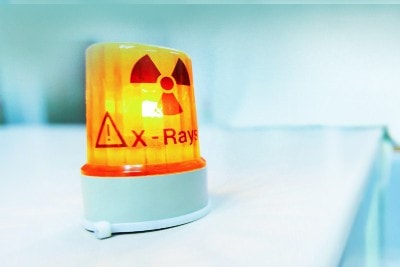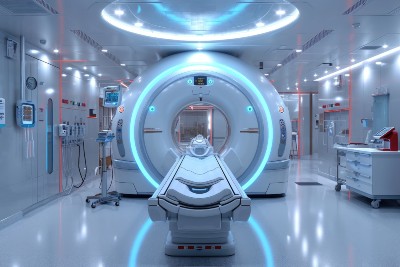Newly proposed legislation in Arizona aims to regulate radiation safety beyond the current federal and state standards, according to AZ Mirror. Proponents say the package represents a first-in-the-nation push focused on “radiation protection systems” for interventional x-ray. For example, it requires hospitals performing real-time x-ray procedures to install enhanced protection systems in at least 50% of their procedure rooms by July 2027, and the system must include shielding that offers protection equivalent to or better …
Read More









